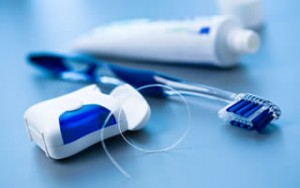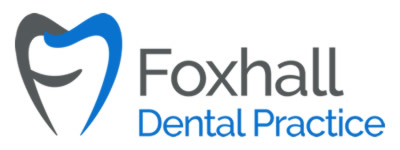How Important Is Mouthwash To Your Oral Health Regime?
This mouth freshening product is very popular, but is it really necessary?
 Perhaps because they are one of the larger dental products available in our supermarkets, it can seem that mouthwashes take up a lot of shelf space and are therefore very visible to shoppers.
Perhaps because they are one of the larger dental products available in our supermarkets, it can seem that mouthwashes take up a lot of shelf space and are therefore very visible to shoppers.
This might be one of the reasons why mouthwash is such a popular product. The fact that it is very easy to use and leaves your mouth and breath feeling fresher probably helps too. In today’s blog, we will take a look at the benefits, or otherwise, of this popular product, helping our Ipswich patients to decide whether it is a useful product for them or not.
The first thing to say is that if you have used a mouthwash in the past and was told not to bother by your dentist, you might be interested to know that times have changed and they are now not just a ‘perfume for the mouth’ as has been described by some, but offer genuine benefits too. There are cautions though. It does leave you with fresher breath, but most toothpastes will also do that and there is the risk that some people might stop brushing and rely on mouthwash only.
Not a substitute
The most important thing to say is that mouthwash is not a substitute for a good overall oral health regime. It doesn’t ‘burn away’ bacteria from the teeth and gum line despite how it might feel in those products that contain alcohol. Bacteria and mineral deposits accumulate on the teeth and gum line and these can only be removed by effective brushing and the use of dental floss. More extensive cleaning should be carried out by the hygienist at Foxhall Dental to ensure that you maintain a healthy mouth.
Given that you don’t really ‘need’ to use mouthwash, what benefits does it offer?
Why should I use it?
Despite the above, a good quality mouthwash can provide an extra layer of defence against problems like gum disease. As it is a liquid, it can reach parts that brushing and flossing may miss. Some mouthwashes will also contain fluoride which helps to strengthen the protective enamel layer of the teeth and, of course, it can freshen the breath too. This is a perfectly acceptable use for it as long as you are cleaning your teeth well otherwise, and not just using it to cover up smelly breath that may be caused by gum disease.
Which mouthwash should I use?
There is no one size fits all answer to this question. Some patients of our Ipswich dental practice may benefit more from one brand than another. Most offer benefits in certain areas and it is recommended that you discuss this with your dentist who will be able to guide you towards the best type of mouthwash for you. Some are great for gum disease, some for a dry mouth and others for strengthening the enamel. Some mouthwashes contain products that create a protective film over the teeth. This can help to protect them but can also attract staining so it is best to seek professional advice before deciding on your brand.
How do I use it?
Most of us will possibly just glance at the instructions on the bottle, if that. How to use mouthwash seems fairly obvious but there are certain things that you should consider.
It might seem the most natural thing to do, to rinse your mouth with mouthwash after you have brushed your teeth. You shouldn’t do this though as the fluoride in toothpaste is more concentrated than in mouthwash and rinsing with mouthwash may wash much of it away. Ideally, wait for 30 minutes or so after brushing your teeth before you use it. You should also avoid eating or drinking for around 30 minutes after using it (some mouthwashes are likely to affect the taste of your food for a short while anyway).
Remember too that many products will contain alcohol and you may wish to avoid this for cultural reasons. It may also contribute to a drier mouth. In either of these cases, there are still a number of products that are alcohol free that you can use.
The main message then is that mouthwash can be beneficial if used correctly. It is NOT a substitute for brushing, flossing and professional cleans by a hygienist though. Make sure that you maintain a good oral health regime at home, and see your dentist and hygienist regularly for the maximum benefit for your teeth and gums.
If you would like to discuss any dental issue with us or to book an appointment, please call the Foxhall Dental Practice on 01473 258396.
